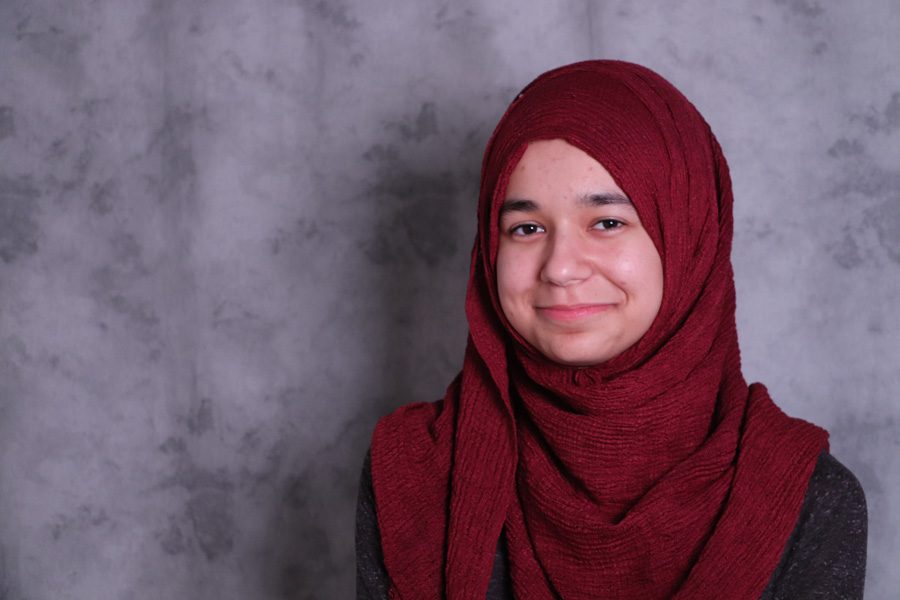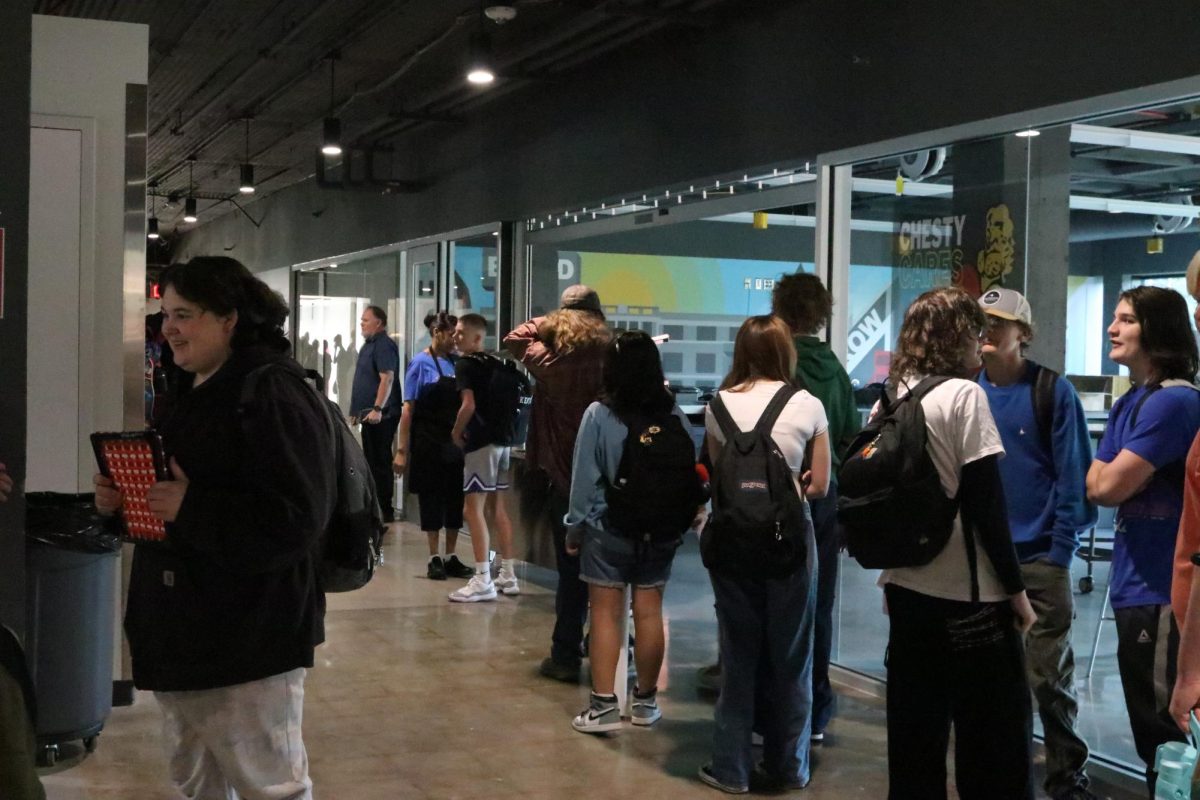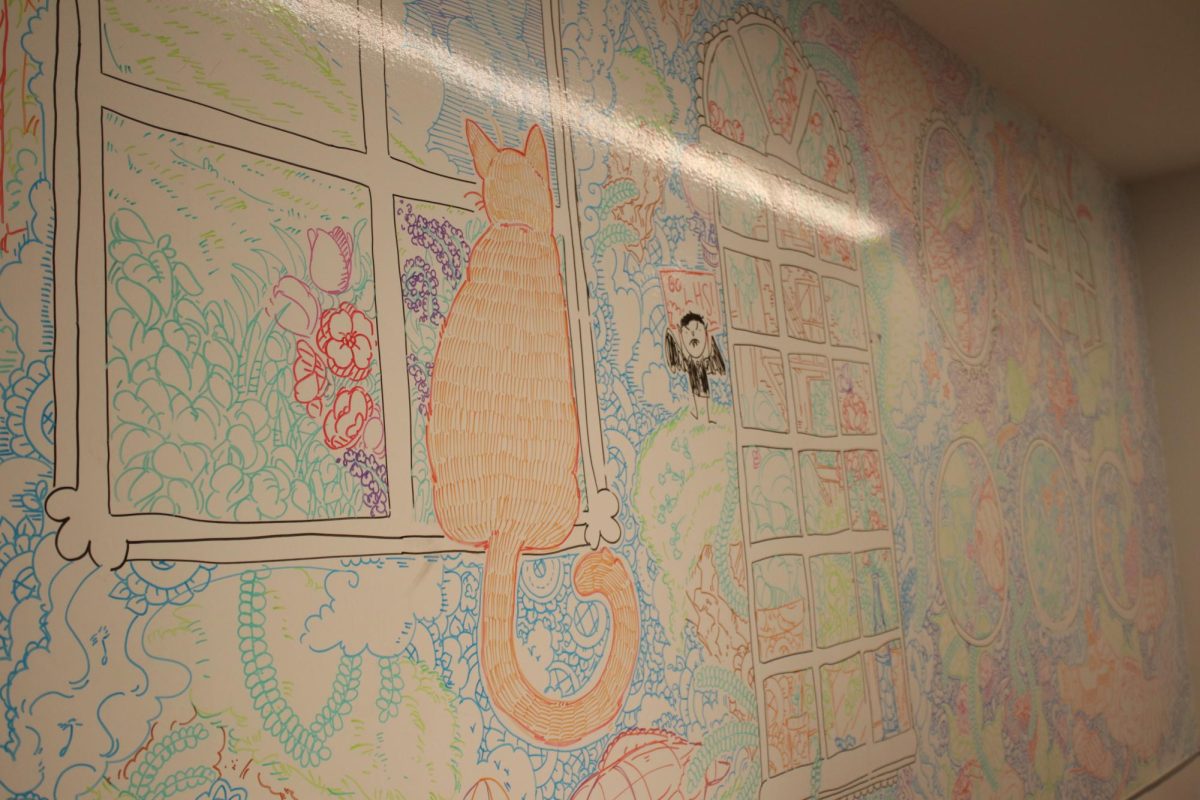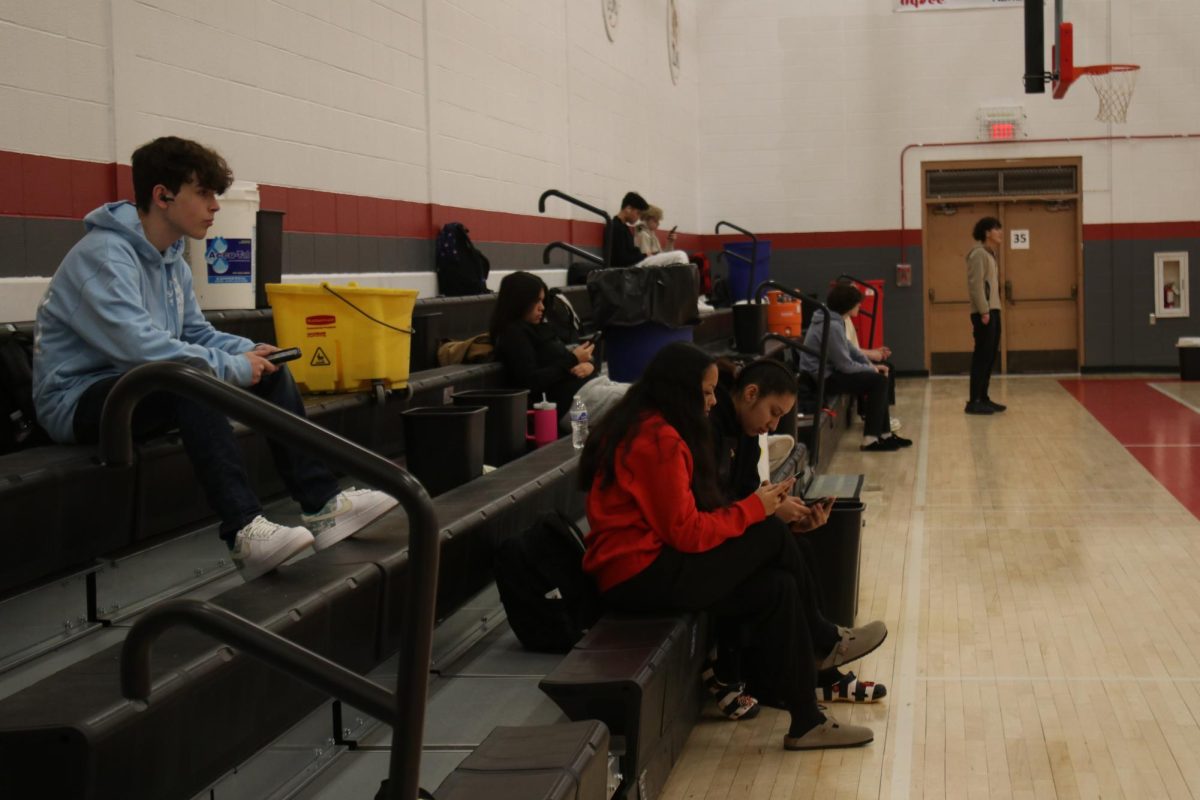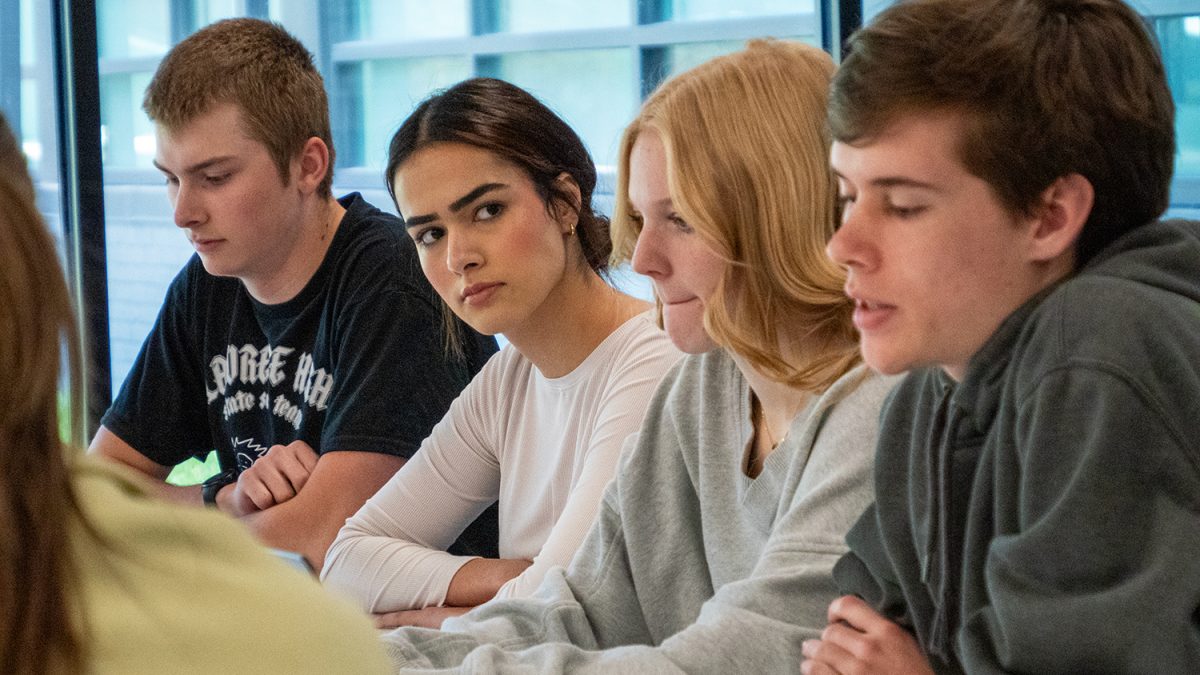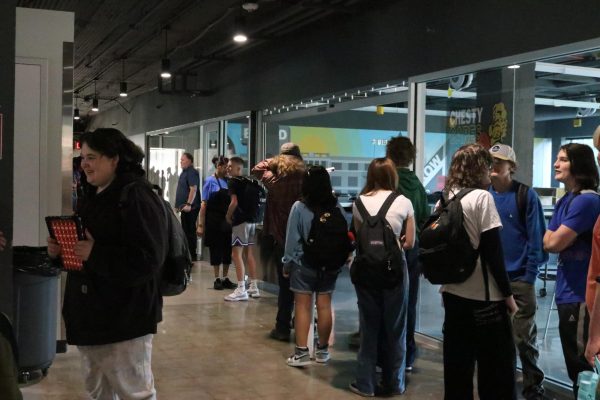School can create obstacles for practicing religion
February 25, 2019
Being a person of faith in a secular world can be trying.
As a Muslim-American student, I struggle with this every day. Prayers and holidays often come with anxiety instead of joy and celebration.
Schools can improve life for all students by making a few simple changes, such as creating a dedicated space for quiet reflection or prayer as well as working with students who need to be absent for religious holidays.
When schools become more inclusive of all religious students, the students seeking to practice their faith will feel more comfortable doing so. Today’s public education system is based on a Christian calendar because of the country’s foundation in Christianity. By having a system that caters to one religion rather than respecting all religions, students of other faiths struggle to follow their own beliefs.
Many students of different faiths in America struggle to celebrate important holidays with family and in prayer because they are not national holidays. By missing a day of school, a student will miss a full day of instruction which they are unable to repeat. Assignments may be made up, but the classroom experience cannot be.
Recently, on June 4, students in New York City public schools were given the day off in order to allow Muslim students to celebrate Eid-al-Adha with family after a month of fasting. Although the Muslim population in Lawrence is proportionally less, a similar addition to our school calendar could help ease Muslim students’ concerns and anxieties of missing school and reduce the burden of making up the lessons missed while absent.
Similar to holidays, prayer rituals can vary drastically in each religion in form and frequency. Muslims need to pray five or more times a day.
Praying multiple times a day requires following a prayer regiment guided by established times. Conflicting schedules puts these students in a difficult position. School days normally start at 8 a.m. and end around 3 p.m.; extracurricular activities can also extend the day for students. In Islam, the second prayer of the day, Dhuhr, is always during the school day. I have struggled finding a private location to complete this prayer throughout my experience in public schools.
With specific times for each prayer, students who wish to pray should be given the opportunity to do so by creating a time and a room for religious needs. If I were given access to a designated prayer room, it would eliminate the stress of having to find an appropriate location and be able to pray in a timely manner and get back to class.
Students should not need to sacrifice their religious practices for their education or vice versa; they should be allowed to do both in order to help them grow freely.
The more school districts do to help raise awareness of faith and create an inclusive environment, the more tolerant the school community atmosphere can become. Showing respect to all religions represented throughout a school, as well as meeting more of these students’ needs, will help students feel more comfortable and welcome at school. Students will feel relieved that they do not need to act awkwardly towards others when it comes to such matters of faith practice.
This type of harmonious living can foster an open dialogue between students from different backgrounds. By creating this type of dialogue early on in students’ educations, they will be able to use these communication skills to create a more peaceful and understanding world.
Though the Founding Fathers clearly were guided by Christianity, their world no longer exists. The non-Native population of 1776 in the 13 colonies was fewer than 3 million people. In a country of more than 300 million people, differing faiths surely exist. To maintain peaceful and fruitful relations among all people, tolerance of non-Christian practices is the best hope for the future.
Is it fair that people who want to celebrate Christmas with their families receive at least a week to do so while others, such as myself, celebrating Eid cannot get a single day off? My story is common among non-Christian students in America, but it does not have to be. If a balance among practices for all religions cannot be achieved, then perhaps no one religion deserves to be given more acceptance than others.
Schools all across the country should allow students of different faiths to practice their beliefs both in and out of school, which will lead to a tighter-knit community. The time has come to focus on this injustice and build a school system that reflects today’s country, its cultures and the students who live within it.



